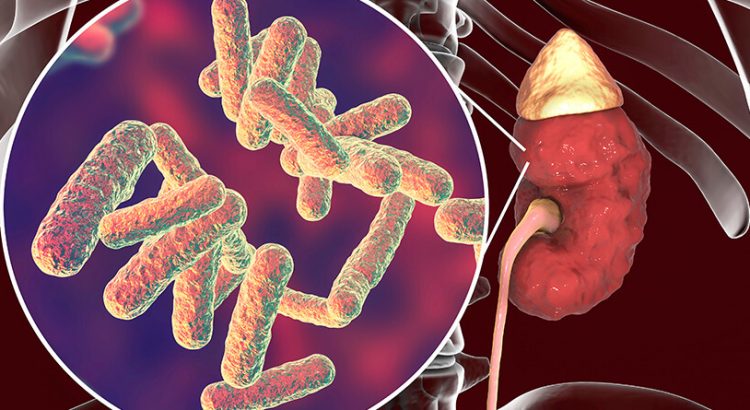Hemolytic Uremic Syndrome (HUS) is a condition characterised by a reduction in blood platelet levels and red blood cells, resulting in anemia. The small blood vessels in the kidneys are also damaged leading to a loss of kidney function. Such small blood vessels may also be damaged in other parts of the body, like the brain, causing other complications. Clots formed due to damaged platelets may also put you at risk of renal vessel thrombosis, disrupting the filtration system, and further reducing kidney function. In extreme cases, this can result in total kidney failure.
There are different kinds of HUS, since there is not just a single cause, hence why it is known as a syndrome. It may be caused by an infection, or maybe just a reaction to a certain kind of medication you were taking. Regardless, if you are feeling any of the symptoms of HUS, you should visit a doctor immediately. We recommend these Nephrologist in Lahore for those of you that require one in that city.
Anyone can develop HUS, however, it is most commonly seen in children under the age of 5, and is the leading cause of kidney failure in children.
Symptoms
Symptoms of HUS are very diverse and arise in multiple parts of the body. These include:
- Fatigue
- Fever
- Reduced urinary volume
- Vomiting
- Blood in one’s urine
- Abdominal swelling
- Swollen limbs and face
- Blood in one’s stool
- Diarrhea
- Inexplicable bruising and bleeding from the nose and mouth
- Seizures or strokes
- Irritability
- Pale skin, including on one’s face and eyelids
- Headaches
- High blood pressure
- Difficulty breathing
Causes
The cause most often associated with HUS in children is an infection of E. coli bacteria. Though E. coli is most often harmless and is part of the normal microbiota in human guts, some strains of E. coli can result in infections and lead to diarrhea. These may be passed on through contaminated food and water, and can lead to HUS. Some strains produce Shiga toxin, which could directly damage blood vessels, and result in HUS.
Some infections caused by other bacteria like pneumococci, Shigella dysenteriae and Salmonella typhi may also lead to developing HUS. Apart from bacteria, HIV and influenza may also put you at risk of developing the syndrome.
The use of certain medications could also put you at risk, like those used by cancer patients, or immunosuppressants used by transplant patients. Medication like quinine, birth control pills and anti-platelet medicine has also been shown to put people at risk of HUS.
In rare cases, pregnancy and cancer may both result in HUS. Studies have also shown that people with certain genetic mutations may just be inherently at risk of developing HUS. Those forms that are caused by genetic mutation or some autoimmune disorder generally do not cause diarrhea.
Complications
As mentioned earlier, if HUS is allowed to progress, the damage to your kidneys and blood vessels around the body can lead to some nasty consequences. These include:
- Heart problems
- Problems with the digestive tract
- Strokes and seizures
- Coma
Treatment
Common treatments of HUS include fluid replacement, which entails the intake of mineral-enriched fluids into the body to help increase blood flow to the kidneys, and blood transfusion, in the case of low red blood cell counts in order to ensure that your body is receiving enough oxygen.
If you have HUS and think you require such treatment, we suggest you consult a doctor on the best course of action for you. These Nephrologist in Islamabad are great options if you live in that city.





